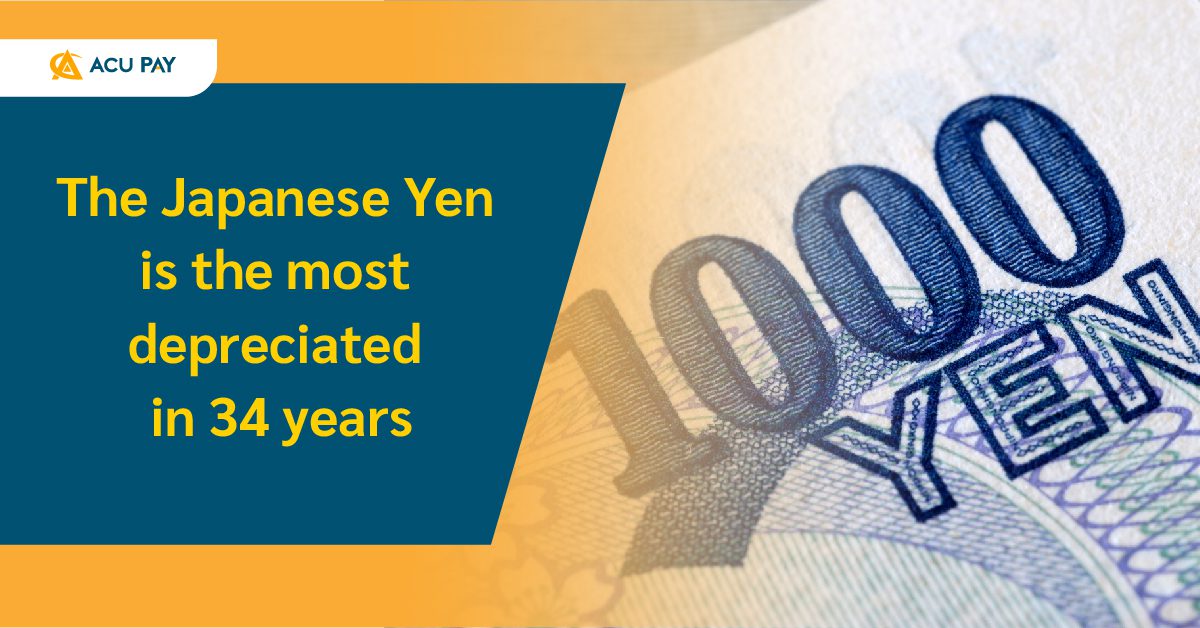

At the end of last month (March 27, 2024), the value of the Japanese yen dropped to the lowest in 34 years when compared to the US Dollar which depreciated by 0.3% at 151.97 Yen per US Dollar. This was due to the Yen sell-off by investors after the Bank of Japan (BOJ) was expected to continue its easing monetary policy despite the interest rate hike in the recent meeting.
CNBC reported that the Yen continued to depreciate, although the Bank of Japan announced an end to its Negative Interest Rate Policy on March 19 which was the first change in eight years.
The Negative Interest Rate Policy is used when people have to pay to banks if they deposit money. This policy was used in many countries to encourage people to spend money instead of depositing it with banks. The policy was enacted in 2016 in Japan.
However, the Yen continued to depreciate as the BOJ pledged to continue its monetary easing policy for a while. Analysts forecast that investors still have reason to sell off the Yen because the spread between Japanese and US interest rates is not likely to decrease.
At the end of March, the yen depreciated to its lowest level in 34 years, reaching 151.975 yen against the U.S. dollar, and in the morning (1 April), the price was 151.315 yen.
Japan’s Finance Minister Shunichi Suzuki pointed out that the reason for the sharp depreciation of the Yen was caused by speculation in the currency market, but could not explain whether the Yen’s fall was due to the Japanese central bank’s policy change or not.
In addition, Bloomberg reported that the continued depreciation of the Yen to a new level in 34 years could be a warning signal for the Japanese government to intervene in the exchange market, which had previously intervened at 151.95 yen per dollar in October 2023.
The depreciation is expected to be beneficial and disadvantageous for the Yen depreciation. For example, Japan’s exports because they make Japanese-made products less expensive when sold in overseas markets and increase the value of Yen’s income abroad. However, the depreciation of the Yen has made imported goods more expensive and affected the economy, as Japan relies on energy imports for more than 90 % of its energy demand.
References from: moneyandbanking / bangkokbiznews / bbc

ให้ทุกเรื่องการเงินเป็นเรื่องง่าย เริ่มต้นวันดีๆ ไปกับเรา MAKE A GREAT DAY WITH ACU PAY